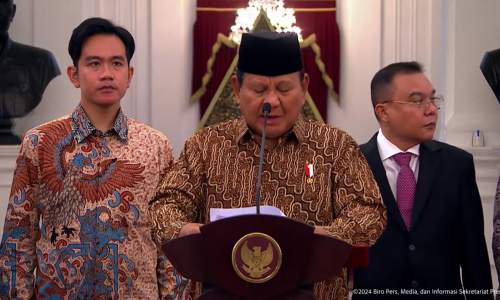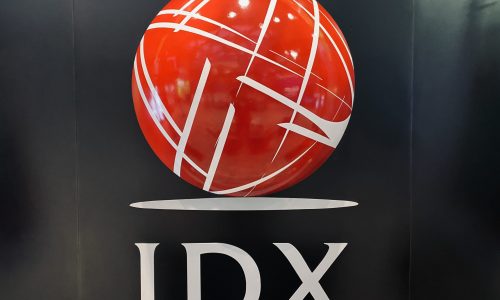Coordinating Minister for the Economy, Airlangga Hartarto, expresses concern over potential economic risks for Indonesia if the United States experiences a recession as such a crisis could trigger capital flight from Indonesia’s domestic market to the U.S. due to higher interest rates domestically compared to the inflation rate.
The Indonesian Central Bank (BI) maintained its benchmark interest rate at 6.25 percent last month, while the inflation rate for July 2024 was recorded at 2.13 percent year-on-year, according to Statistics Indonesia (BPS).
“We see that the gap between our interest rate and inflation is quite high,” Airlangga told a press conference at his office in Jakarta on Monday, August 8, 2024.
“We continue to monitor the situation and hope that the U.S. benchmark interest rate will decrease in the fourth quarter of 2024, although there are no guarantees yet,” he added.
The unemployment rate in the U.S. surged to its highest level in nearly three years, reaching 4.3 percent in July 2024. This increase has fueled expectations of an interest rate cut by the U.S. Federal Reserve (The Fed) in September 2024.
“The spike in unemployment signals a recession in 2025,” Gary Clyde Hufbauer, a senior researcher at the Peterson Institute for International Economics, said as quoted by Al Jazeera on Monday, August 5, 2024.
Hufbauer predicts that The Fed will cut interest rates in September 2024 and continue to do so in subsequent meetings to prevent an economic recession.
Economists at Goldman Sachs and Citigroup have also adjusted their expectations for The Fed’s rate cuts, anticipating a half-point reduction in September and November this year, followed by a quarter-point cut in December 2024.
In addition to rising unemployment, the performance of the manufacturing sector is also contributing to negative sentiment, signaling potential economic downturn trends in the U.S.









